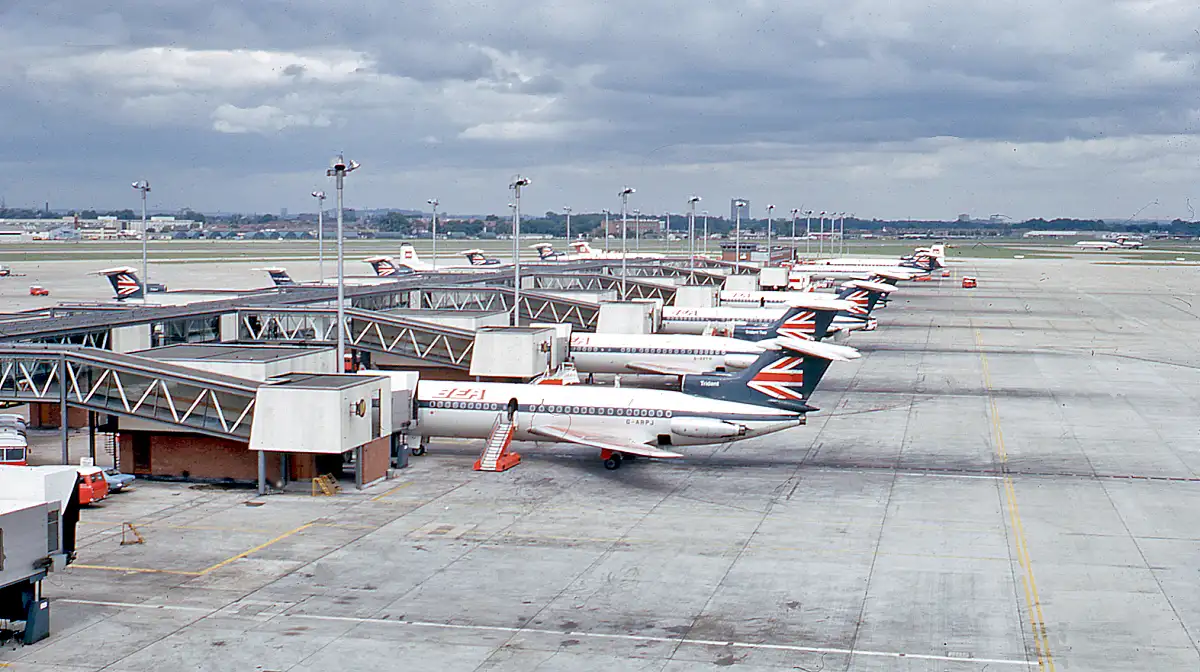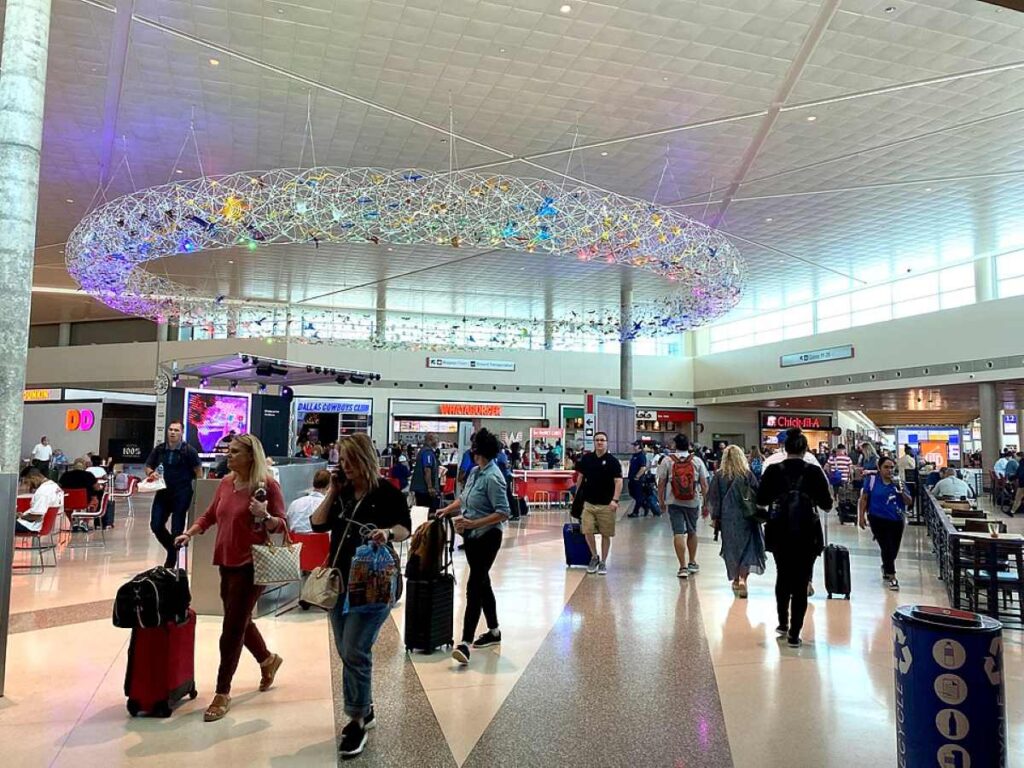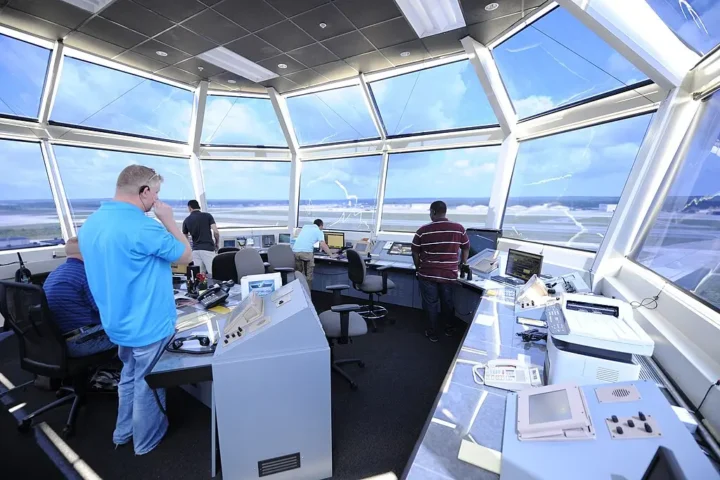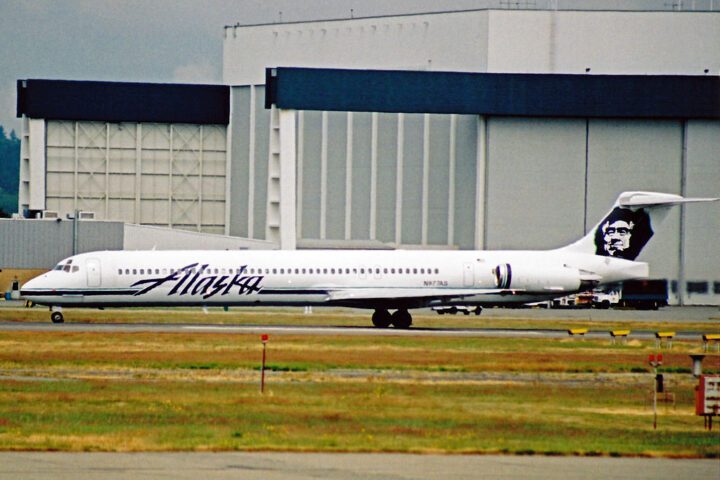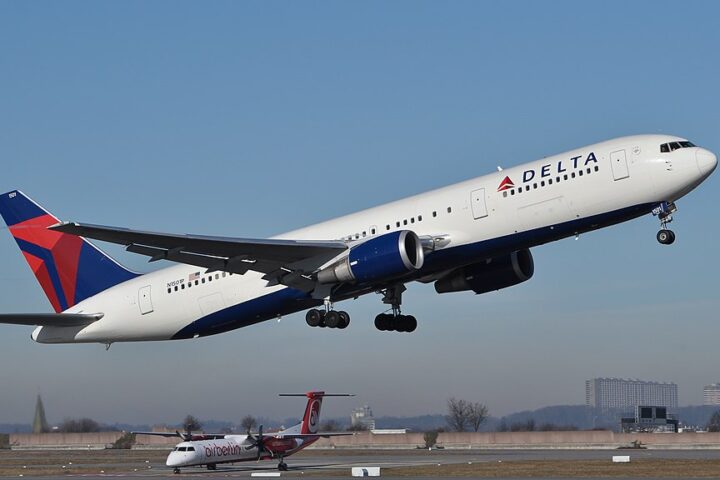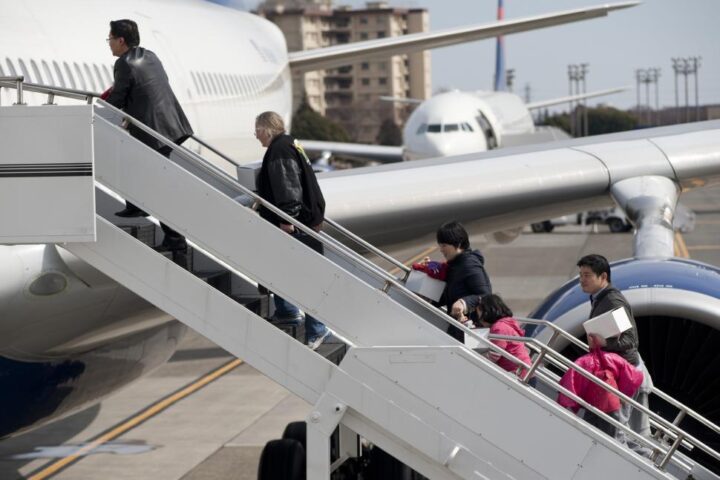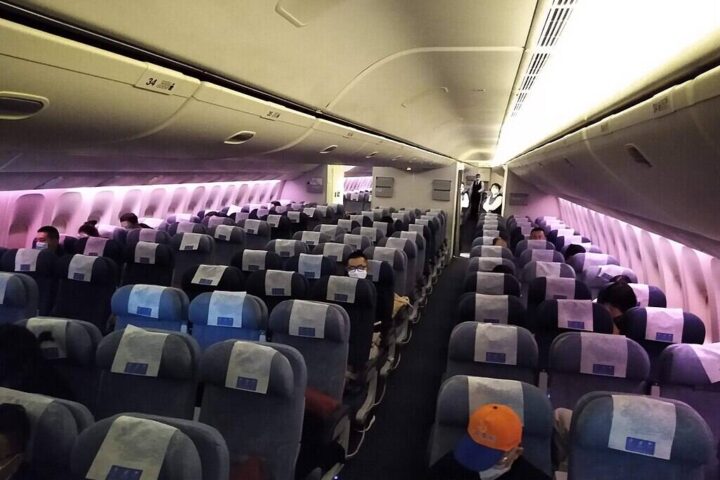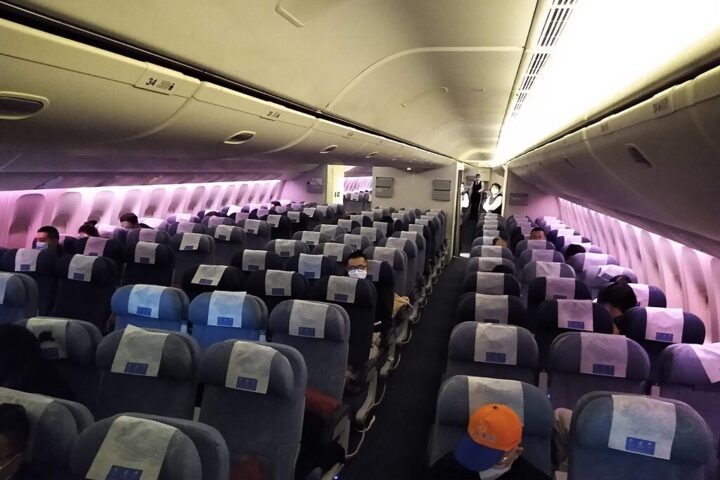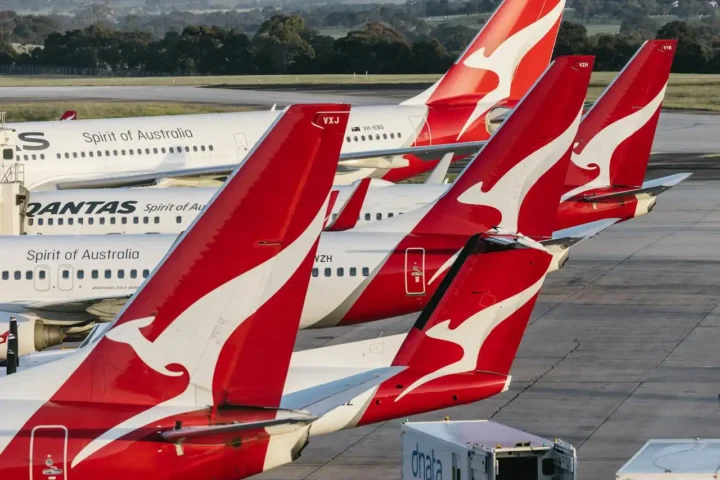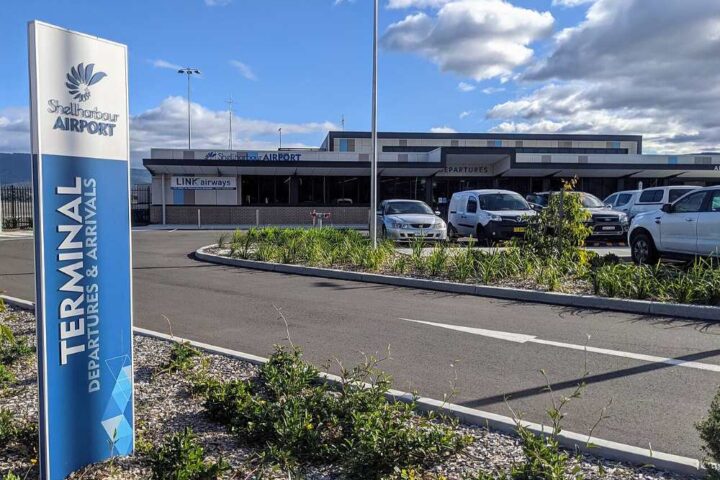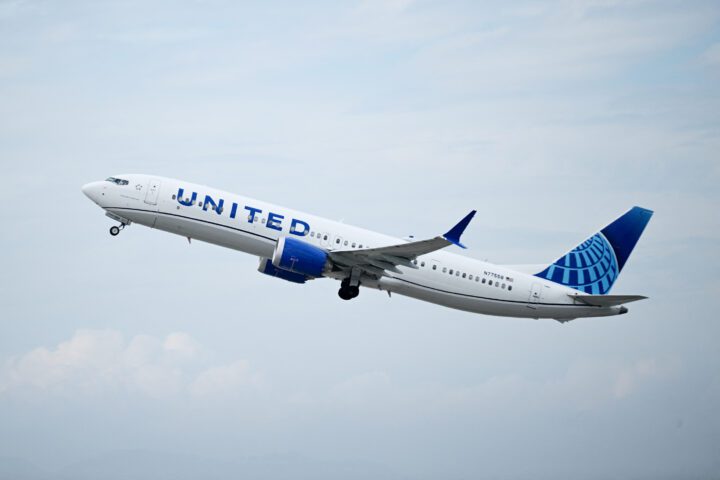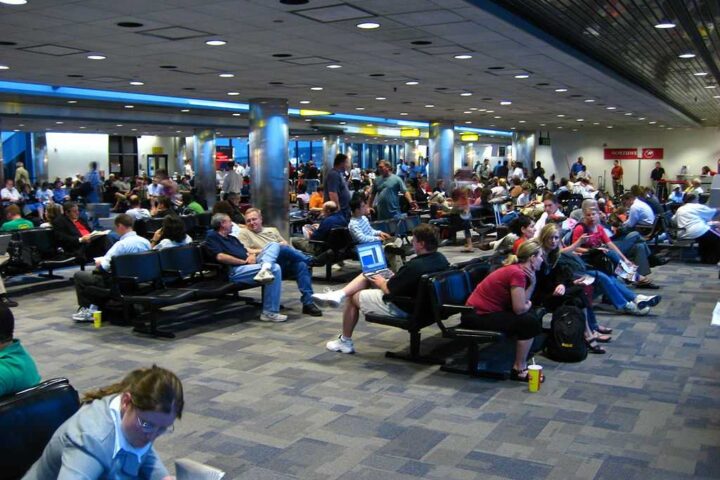Several European airports switched to manual passenger processing Saturday after a cyber-related disruption hit Collins Aerospace’s MUSE system. Heathrow, Brussels, and Berlin airports confirmed technical problems affecting electronic check-in and baggage drop.
Paper Boarding Passes Make a Comeback
Heathrow said a technical issue at a service provider was affecting some check-in services and that contingency procedures were in place. Staff issued paper boarding passes and manually tagged baggage; passengers reported long queues throughout terminals.
Brussels Airport asked airlines to cancel about half of scheduled departures for the following day to manage queues. The airport said manual check-in procedures were in place and urged passengers to allow extra time and check airline advisories before traveling.
Berlin Brandenburg Airport posted a technical alert confirming issues with passenger processing systems. BER said ground handlers had implemented backup procedures while it worked with the service provider.
System-Specific Impact
Collins Aerospace acknowledged a “cyber-related disruption affecting the MUSE platform” in a statement from their newsroom. MUSE handles critical passenger processing functions including check-in, boarding, and baggage drop at affected airports.
The National Cyber Security Centre (UK) confirmed it was “working with Collins Aerospace and affected airports.” A European Commission spokesperson said there was no indication of a “widespread or severe attack.”
Brussels Airport asked airlines to cancel around half of scheduled departures for Sunday. Their coordination notice emphasized that this was a passenger processing issue only and air navigation systems remained unaffected.
Airlines Adapt with Manual Workarounds
British Airways said it was largely unaffected because it was operating with a separate departure control system. “Customers with hand luggage only should use online check-in where possible and proceed directly to security,” the airline advised.
Brussels Airlines reported delays and said manual processing was causing disruptions, with media reporting many flights delayed by roughly an hour.
Airlines advised passengers to allow extra time — for long-haul flights passengers were asked to allow up to three hours. Customer pages warned web check-in remained available but some travelers would still need to get boarding passes or baggage tags reissued at the airport.
Geographic Limitations of the Outage
Frankfurt and Zurich airports confirmed no disruption to their passenger processing systems. Dublin Airport reported only “minor impacts with most systems functioning normally,” according to their service status page.
Belgian authorities described the incident as a targeted disruption affecting passenger-processing systems rather than a broader infrastructure attack. Germany’s BSI acknowledged related infrastructure disruptions and coordination efforts.
Practical Advice for Travelers
Based on airport and airline advisories:
- Check real-time flight status before heading to the airport
- Arrive three hours before international departures
- Complete online check-in if available
- Bring printed documentation when possible
- Prepare for manual baggage tagging
Under EU261 rules, passengers may qualify for care and assistance during extended delays. CAA guidance notes IT outages can in some circumstances be classed as ‘extraordinary circumstances’, which affects compensation eligibility; individual claims depend on facts.
Current Status
Collins Aerospace confirmed it “continues working to restore MUSE functionality” as of Saturday afternoon. The company stated they were “actively working to resolve the issue and restore full functionality to our customers as quickly as possible.”
The disruption affected passenger processing systems at several European airports. Manual procedures remain active while technical teams work on system recovery.
